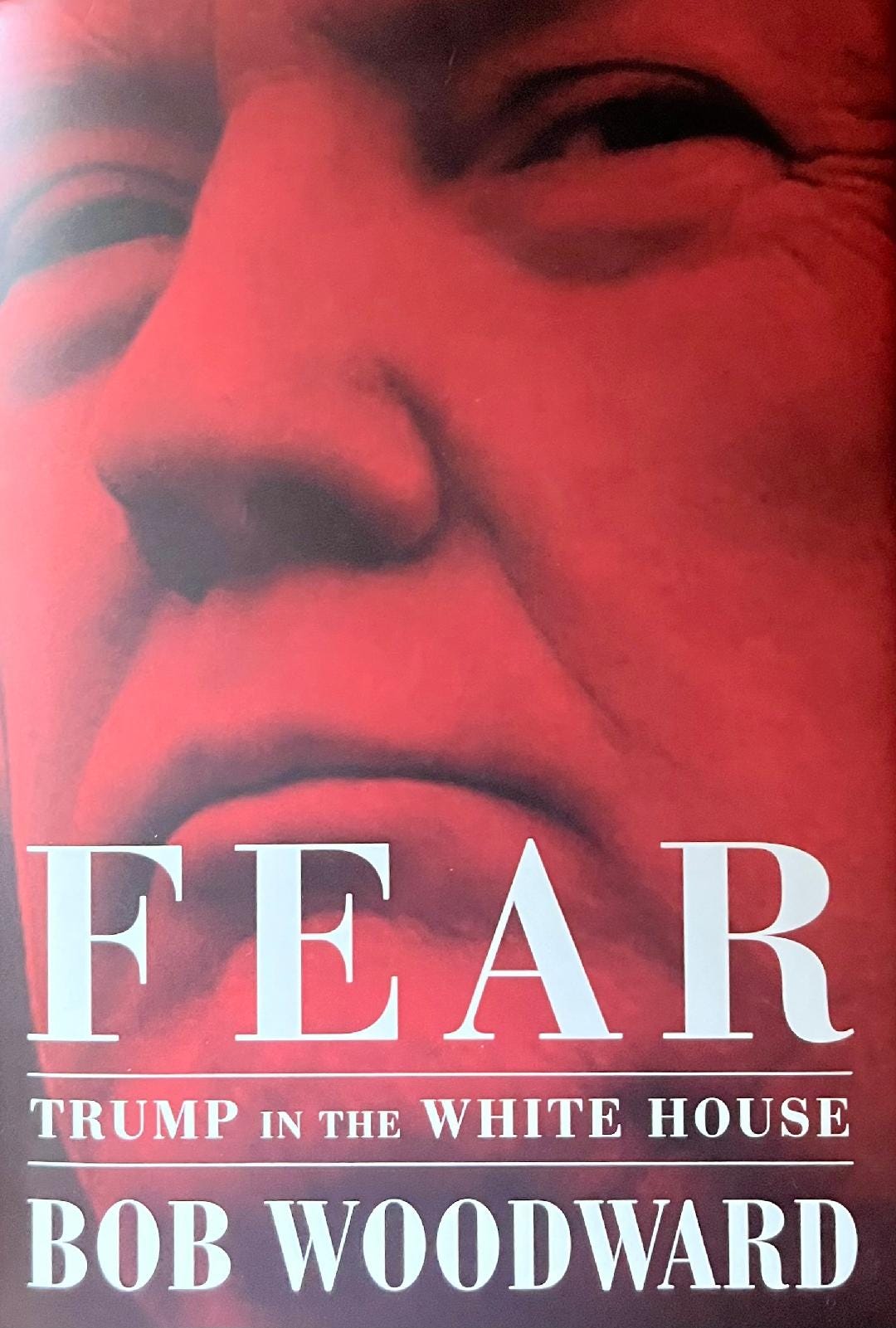Mr. Getgood moved up to Self-Made Man Row
Although he swears he’s the salt of the earth
He’s so proud of the “kick-me-hard” sign that
they hung on his back at birth.
He said “I appreciate beauty, if I have one, then
it’s my fault”
“Beauty is on my pillow, beauty is there in
my vault.”
Now, who did Elvis Costello have in mind in 1988 when he wrote and recorded “…This Town…”? Perhaps Donald Trump? Back when Trump was simply content to be the Blowhard of the United States of America? Hardly a pleasant gentleman, Trump was still decades from placing the nation and maybe the entire world at risk. Compared to what we see today, he was then nothing more than a passing irritation, like a flamboyant car dealer’s commercials. And perhaps that’s how Costello saw it then. In the March ’89 issue of Musician, he discusses “…This Town…” and the American money-making culture that emerged in the age of Reagan:
“It’s almost become a virtue and you’ve got your entrepreneurs who are like, ‘lovable eccentrics.’ Like Donald Trump or Cal Worthington.”
At the time, Cal Worthington was the most successful car salesman in America, with his chain of dealers grossing nearly $317 million in '88. His TV commercials, bizarre and homespun, were no doubt seen by thousands of traveling musicians like Costello, while winding down in California hotel rooms after a gig.
Costello played Atlanta numerous times in the ’80s. On one occasion, he may have learned of a garish car dealer in rural Georgia who put a $100,000.00 bounty on the head of Libyan strongman Muammar Gaddafi, calling his offer “100 percent American.” The story faded from newscasts quickly enough, the bounty seen as nothing but another sales gimmick, something like: We’ll give you $100,000.00 plus a customized Chevy Van with a tape deck for your trade-in and Gaddafi’s corpse!
But car dealers are always pushing gimmicks to bring customers into their showrooms. They’ll serve up hot dogs and Cokes on the weekends, pay your ad valorem taxes or even call for the assassination of a sovereign leader as long as they can sell more cars. That’s all they want; it isn’t like any of them want to be President of the United States — like Donald Trump, the inspiration for Costello’s Mr. Getgood. As Costello lays it out, Mr. Getgood wants to be rich, loved, respected — and feared. No matter how much he’s attained in riches and devotion, it means nothing unless he’s powerful and can instill fear. Costello sums it up in the chorus:
You're nobody in this town
You're nobody in this crowd
You're nobody till everybody in this town
Thinks you're poison
Got your number, knows it must be avoided
You're nobody till everybody in this town
Thinks you're a bastard
Costello, no doubt the best songwriter to emerge in popular music since Lennon and McCartney parted ways, is also sharp as a tack. Few composers can develop a multi-layered song about predatory conduct while observing the dubious character of a real estate developer. A lot of guys, like Costello’s Mr. Getgood, who claim to be the salt of the earth, are actually up to their necks in dirt. Costello knew that, proving most prescient with “…This Town… .” Donald Trump, like Mr. Getgood, really enjoys coming off like a bastard. Just ask Volodymyr Zelenskyy. Think of all the bullies you knew in school or your worst bosses. Trump is the full embodiment of all their worst qualities — and he’s proud of it. Costello has the Trump attitude down-pat.
My Aim Is True… In Annie Hall, Woody Allen as Alvy Singer laments that “Everything our parents said was good is bad. Sun, milk, red meat, college…” That assessment took place in the mid ’70s, when parents, just as they’ve always done, advised their children on the larger matters of life: The importance of good manners and considering the feelings of others. Such advice can lead to peace with one’s self and — if honorable and diligent — success in life, maybe of the mercantile sort.
With Donald Trump’s dad advancing him sums as much as fourteen million dollars in 1975, the would-be billionaire was on his way to success of the mercantile sort, though his personal history is short on showing consideration to others. One can just hear parents who knew him telling their own children, “Don’t be like that Trump boy, breaking in line, always ready to throw the first punch, demanding that others do his homework and then stiffing them on the bucks he promised. Such a nasty kid.”
The nasty kid doesn’t learn from life’s lessons as he advances through life. There’s no gratitude to those whose love and respect make him the most powerful man on earth. Why would he be grateful for the good things he had coming to him anyway? After all, what’s the use of power if he can’t dominate? If he can’t inflict fear? His purpose is not to follow scripture,* as in “Come now, and let us reason together,” but to be the aggressor, no matter if he’s right or wrong. It’s the creed of Mr. Getgood.
Early in his 2016 presidential campaign, Trump told journalist Bob Woodward that “Real power is — I don’t even want to use the word — fear.” In his book, Fear, Woodward offers what may be a portion of Trump’s mission statement on life:
Trump gave some private advice to a friend who had acknowledged some bad behavior toward women. Real power is fear. It’s all about strength. Never show weakness. You’ve always got to be strong. Don’t be bullied. There is no choice.
“You’ve got to deny, deny, deny and push back on these women,” he said. “If you admit to anything and any culpability, then you’re dead. That was a big mistake you made. You didn’t come out guns blazing and then challenge them. You showed weakness. You’ve got to be strong. You’ve got to be aggressive. You’ve got to push back hard. You’ve got to deny anything that’s said about you. Never admit.”
What a performance. After this tirade, did Trump tell his friend to go and sin no more? And what an attitude toward women. The takeaway on Trump’s approach to the opposite sex is that if you’re the right kind of guy, the one who’s powerful and fearsome, then you can have all the women you want, each one ready to submit — besides they’re all interchangeable. Perhaps they resemble the image some listeners conjured when hearing Costello’s “This Year’s Girl” in the late '70s.
On his second album, This Year’s Model, Costello let fly with a sense of betrayal and disgust in “This Year’s Girl,” an assertive rocker some critics called misogynistic. Admirers of Costello could arguably say he was describing a girl who left a guy feeling jilted and somewhat put off with himself. Whatever, the narrative voice in “This Year’s Girl” does not speak kindly of the subject:
See her picture in a thousand places
'Cause she's this year's girl
You think you all own little pieces
Of this year's girl
Forget your fancy manners
Forget your English grammar
'Cause you don't really give a damn about this year's girl
In his 2015 memoir, Unfaithful Music & Disappearing Ink, Costello acknowledges that “Everything in this song is about the way men see women and what they desire from them.” The song is a collection of thoughts that belligerent males have toward the women they think are there to serve them. It brings to mind the hypothetical young man targeting (pursuing is too nice a word) a woman who isn’t interested in satisfying his lust. He’s angered and rebukes her, thinking of the woman who turned him away as a slut. As Trump would advise, “You’ve got to push back hard.” In concert during the early days of his career, Costello sensed “there were people out there who perhaps really did harbor misogynistic feelings. Some of them had notebooks in their hands. Perhaps they saw me as a mouthpiece for their own uglier feelings. They just weren’t listening very hard.”
Over a ten-year period ('77-'86), Costello recorded eleven albums, that if not brilliant, were always captivating. His one substandard album from those years, Goodbye Cruel World, still commands attention due to it being such a lost opportunity — a collection of top quality songs impaired by poor production choices. It simply sounded bad.
But two years after Goodbye Cruel World, Costello came back strong with two albums, released within a seven-month time frame, King of America and Blood & Chocolate. Both are still counted among the best of his nearly three dozen albums. Having performed double-duty in '86, Costello would take more time than usual preparing his next album, Spike, released in early '89. Spike weighed in at fourteen songs, with heavy subject matter, spanning over 64 minutes. Touring much of the world over the previous decade, Costello had taken in the events and attitudes that make the world go round — or teeter. With Spike, it was clear he had been paying attention to what was happening in America, especially with a certain New York real estate developer. Make way for Mr. Getgood.
“. . . This Town. . .” is a lively piece of music, one of only three rockers on Spike. Costello, accompanied by Paul McCartney, Roger McGuinn and T Bone Burnett, takes command, delivering the album’s opening track with luster and muscle. Such a nice performance about such a nasty man. The song includes characters perhaps too extreme for Tom Wolfe’s The Bonfire of the Vanities, published sixteen months before Costello released Spike. During the late ’80s, through literature, film, and popular music, the bad behavior of the nouveau riche, particularly in the financial capitals, was prominently displayed. Mr. Getgood was getting all he could get. Nothing exceeds like excess and Costello’s creations in “…This Town…” wallowed in it.
Entertaining the patrons of the sleazy world of new money was one Charlie Sedarka, who “was a playing the piano like he was pawing a dirty book.” That’s PG-13 stuff, but soon enough Costello provides a more graphic scene: “The girl with the eternity rock went down on her bookie to buy some stock.” Segueing from one variant of the carnal mind to another, she declares, “The corporation thief is The New Jesse James.”
The final verse of “…This Town…,” perhaps too hot and sinister for Page Six in Rupert Murdoch’s New York Post, reveals this private exchange:
They made love while she was changing her dress
She wiped him off, she wiped him out and then she made him confess
A little amused by the belief in her power
You must remember that it was the fetish of the hour
Now what would the producers of Access Hollywood do with all that?
Waiting For The End Of The World… The denizens of MAGA Land were hardly bothered by the Access Hollywood tape. And it isn’t likely they’d be troubled if people like the characters in “…This Town…” ended up with jobs in the White House, or maybe running the Pentagon. After all, they’re no worse than a guy who approves of Howard Stern calling his daughter “a piece of ass.” That’s right, we’re talking about the guy who was nominated for President of the United States — not once, but three times — by the godly Republican Party.
The Seinfeldian Bizarro World concept has taken hold. Mr. Getgood becomes a role model. Try imagining this only ten years ago: Believers in righteous living that includes active church membership, duty to country, and faithfulness to friends and loved ones declare war on much of the USA. Their allegiance is to a man who drags the nation through the mud in a crass and never-ending ego trip. These people, desperate for some reason, or just plain delusional, identify with the worst our country has to offer. They’re all in for Mr. Getgood and they’ll get nothing good from him.
*Isaiah 1:18 (King James version)







Thanks for this article. The Politics and outrage are entirely justified. This era and institution destroying ethos would have been unimaginable even 15 years ago to anyone except perhaps Steve Bannon or Steven miller.